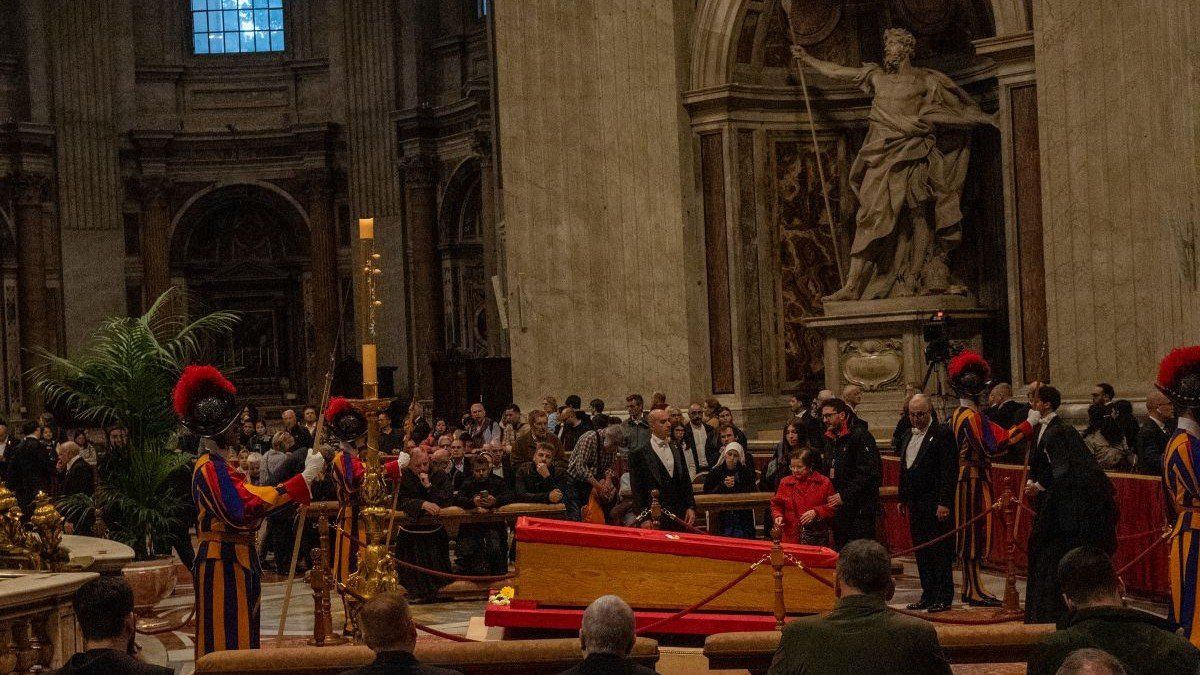While the Catholic world prepares for the funeral of Pope Francis on Saturday – the service begins at 10 a.m. local time, 4 a.m. ET – certain high-profile attendees may also have other things on their mind. Several world leaders will be on hand to pay their respects to the pontiff, but they could also find themselves involved in bilateral talks.
Who’s on the list? Italian Prime Minister Giorgia Meloni will effectively be the host at the Vatican, which lies just next to Rome. Many of her fellow Western leaders will attend, including French President Emmanuel Macron, German Chancellor Olaf Scholz, Ukrainian President Volodomyr Zelensky, UK Prime Minister Keir Starmer, and US President Donald Trump. Philippine President Ferdinand Marcos Jr., who leads the most Catholic country in Asia, will also attend.
South American representation. Argentine President Javier Milei – a former adversary of Francis, his fellow countryman – and Brazilian President Luiz Inácio Lula da Silva plan to cross the Atlantic for the funeral, too.
Glaring omission. Russian President Vladimir Putin won’t attend the funeral, the Kremlin confirmed.
Side hustle. Trump appears to be the principal object of interest for other world leaders. Zelensky has already said that he’d like to speak to the US president at the Vatican, while European Commission President Ursula von der Leyen could meet the American president for the first time since he returned to office, if Meloni gets her way. They won’t have much time, though: Trump plans to spend less than 24 hours in Rome.
